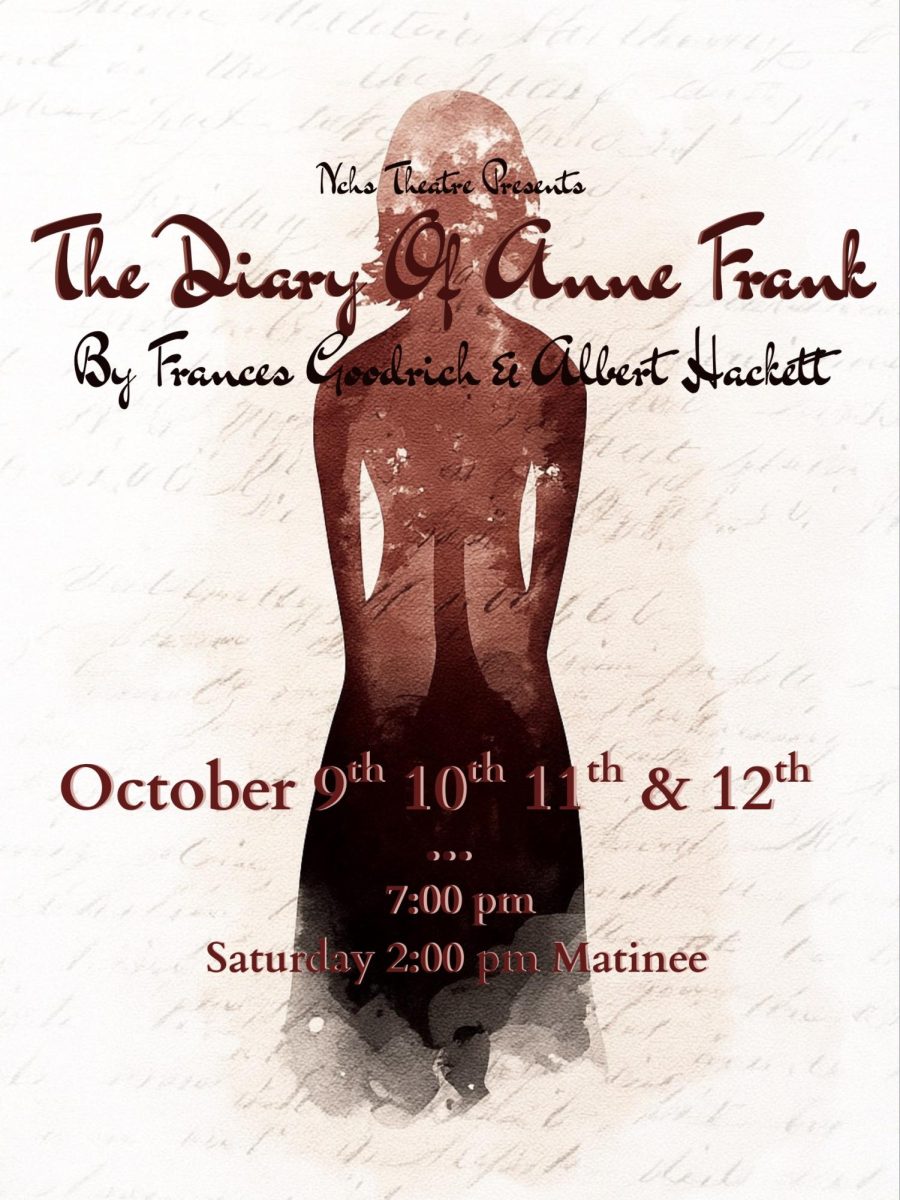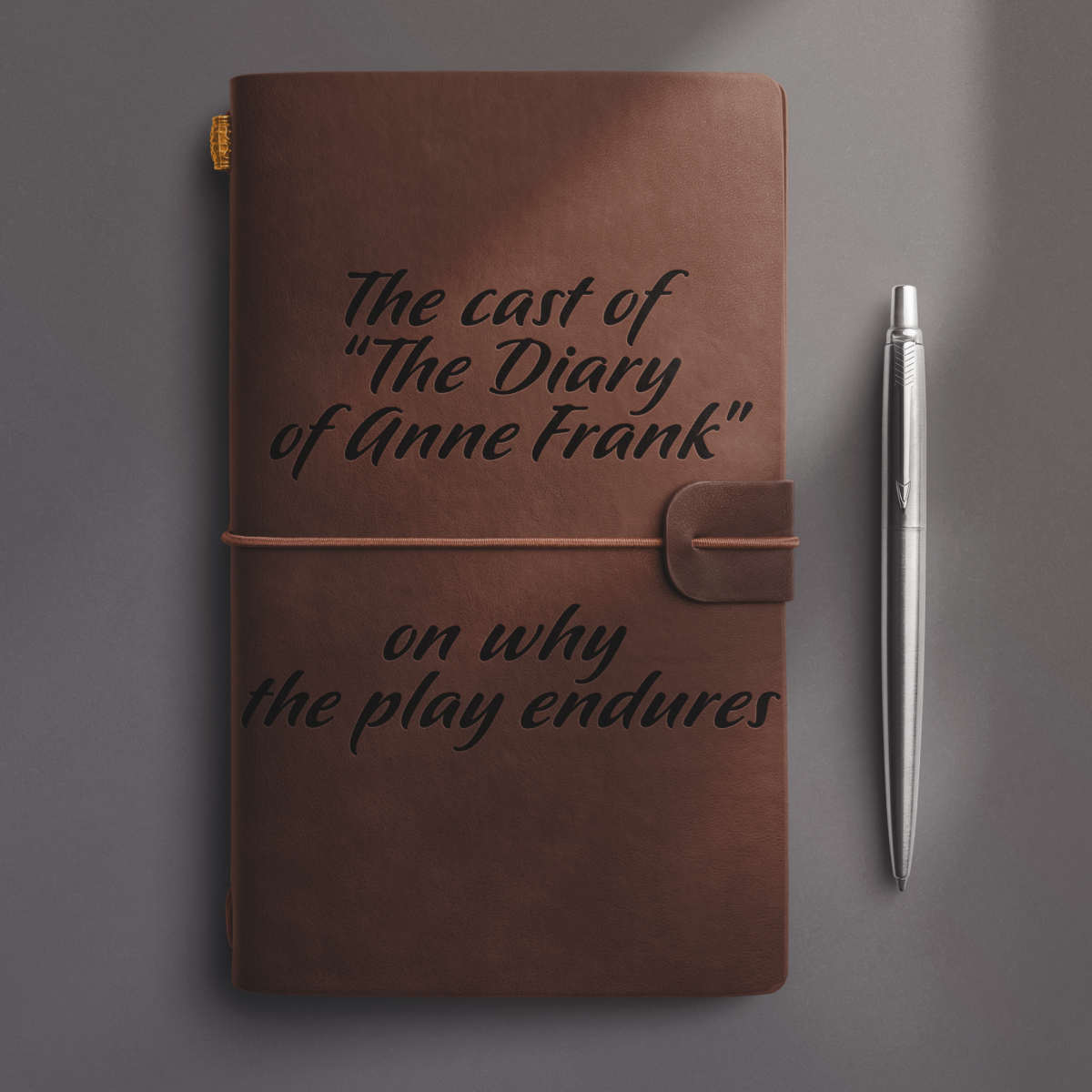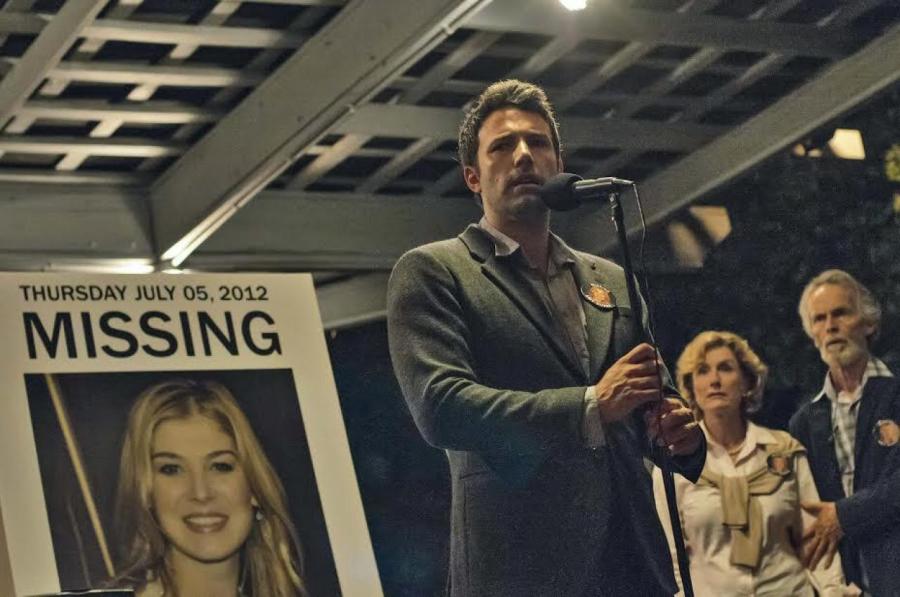Adults from the millennial generation aren’t getting married as early or as often as previous generations, according to a study by the Bureau of Labor Statistics. After seeing Gone Girl this past weekend, this isn’t a surprising statistic in the slightest.
Adapted from Gillian Flynn’s bestselling novel of the same name and directed by acclaimed Academy-Award nominated filmmaker, David Fincher, whose previous work includes such films as Se7en and Fight Club; Gone Girl tells the story of Nick and Amy Dunne (Ben Affleck and Rosamund Pike), a dysfunctional couple who live in North Carthage, Missouri, who one early morning in mid-July 2012, wife Amy Dunne goes missing without a trace. Nick is immediately accused by the media and much of the United States population for her random disappearance, while he repeatedly states that he is not a murder and he “did not kill his wife”.
As more information is quickly found and discussed, specifically an envelope marked “Clue #1”, Nick, along with his twin-sister Margo (Carrie Coon), slowly begin to unravel the mystery behind Amy’s sudden vanishing act, along with figuring out what exactly happened to their marriage and love for each other.
Few directors such as Mr. Fincher tackle material like Gillian Flynn’s novel in such a complex and mature way. In what could have been a cheap, lazy, and problematic adaptation, David Fincher’s Gone Girl becomes quite a breathtaking piece of modern pop art that’s not only immensely entertaining, but also surprisingly thought-provoking in it’s execution.
Playing off as a brilliant satire of modern marriage, social/mass media, and the status of celebrities, Gone Girl is an excellent cautionary tale of false disposition and persona. Nearly each of the characters hide at least one thing about themselves and their past from friends, the media, and even their lovers to protect a specific image of one’s self. The famous saying “everything is not as it seems” describes the film to a point. Trust and deception, passion and lust, burying and concealing the truth in order to receive the most out of their love and friendship. As the viewer, one believes that the main focus to the story is to figure out who took Amy Dunne, but there is much more underneath the surface than one might expect.
From a cinephile’s standpoint, Gone Girl is a stunning technical achievement with outstanding cinematography and direction by Jeff Cronenweth and Fincher, whose deeps grays and yellow mid-tones set an uncomfortable mood and feeling throughout the duration of the film. The viewer never feels truly at home during the film and more likely than not, will be mostly tense and emotionally stressed while watching and the Cronenweth’s work is a main factor in that. But, two other elements that affect the viewers stress level is Trent Reznor and Atticus Ross’ chilling, yet ambient musical score and haunting performances from the entirety of the cast (especially the work of the two leads, Affleck and Pike who both nail the roles of a couple in a deteriorating marriage perfectly).
Criticizing american marriage in media is not an original contemporary concept, but never before has it been attempted in such a uniquely clever way. David Fincher has firmly outdone himself with his latest film. While his recent thriller isn’t as timely or cutting-edge as his Oscar-winning masterpiece from 2010, The Social Network, it comes dangerously close to beating it. With gripping action, captivating drama, and shocking twists and turns the audience won’t see coming, Gone Girl easily becomes one of the best films of the year and definitely will talked about come awards season.



![Community honors longtime coach Mr. Bryan Thomas before Oct. 3 game [photo gallery]](https://nchsinkspot.com/wp-content/uploads/2025/10/Thomas-6-1200x1200.jpg)























![Playoffs Rd. 1: Coach Drengwitz on Ironmen’s 7A playoff opener at Carmel Catholic [video]](https://nchsinkspot.com/wp-content/uploads/2025/10/PW_PresserVCC_Thumb.png)



















![Halloween candy cross section quiz [quiz]](https://nchsinkspot.com/wp-content/uploads/2022/10/Candy-cover-big-900x675.png)
![Average Jonah? [quiz]](https://nchsinkspot.com/wp-content/uploads/2022/05/average-jonah-900x600.png)







![[Photo Illustration]](https://nchsinkspot.com/wp-content/uploads/2025/09/trigger-words-1.png)










![Hauntcert performers on why this year’s show hits all the right notes [video]](https://nchsinkspot.com/wp-content/uploads/2025/10/Untitled-2.png)

![Ironmen volleball head coach Ms. Christine Konopasek recorded her 400th career victory Oct. 21 as the Ironmen closed their regular season with a 2-0 sweep over Danville.
[Photo Illustration]](https://nchsinkspot.com/wp-content/uploads/2025/10/Vball400Thumb.png)





![Week 9: Coach Drengwitz on Week 8’s win, previewing Peoria High [video]](https://nchsinkspot.com/wp-content/uploads/2025/10/W9_PeoriaThumb.png)
![Postgame: Drengwitz on Community’s 56-6 win over Champaign Centennial; staying unbeaten in Big 12 [video]](https://nchsinkspot.com/wp-content/uploads/2025/10/10.17_FBwChampCent56-6_POST_thumb.png)
![On the Spot: This or That – Halloween [video]](https://nchsinkspot.com/wp-content/uploads/2024/10/tot-Halloween-YT-1200x675.png)
![On the Spot: This or That – Fall favorites [video]](https://nchsinkspot.com/wp-content/uploads/2024/10/ots-fall-web-1200x800.png)
![On the Spot – Teachers tested on 2023’s hottest words [video]](https://nchsinkspot.com/wp-content/uploads/2024/01/On-the-Spot-Teachers-tested-1200x675.png)








